Be prepared for your Parent-Teacher Conference
Parent-teacher conferences are a common part of a family’s educational experience. They give parents an opportunity to increase communication between school and home and to develop a plan for your student’s future. Get the most out of these conferences by planning ahead and following these easy steps.
1. Before your first meeting with your child’s teacher, speak with your child about his classes, teacher(s), friends, favorite subjects, difficult subjects, etc. and find out any concerns your child may have. Explain the purpose of the parent-teacher conference and describe what you expect to get out of this meeting in a positive way.
2. Get prepared for the meeting! Write down any questions or concerns you may have. Write down any changes in your household that are important for your child’s teacher to know about because your child’s performance may be affected at school e.g. a new baby in the house, a recent move, loss of a family member, etc. Write down all goals you have set with your child to help improve his educational experience. The following are a few examples of questions you could bring with you to the conference:
a. What skills will my child be expected to master this school year?
b. What will my child learn this year in his core subjects (reading, math, science, history)?
c. How do you inform students about the standards they are expected to meet?
d. What major projects/lessons do you have planned?
e. What can I do at home to complement what is being taught in school?
f. Is there a way to know what homework has been assigned each day?
g. Are there any after-school tutoring or “homework help” programs available for students who fall behind?
3. Arrive on time and be respectful of the planned ending time for the meeting. Teachers have busy schedules and often are not done working when the school day ends. If your meeting is going to run late and there is more you would like to discuss, offer to set up a follow-up meeting.
4. Find out the specifics of your child’s program and the progress he is making in school. Be prepared for an honest assessment of your child’s academic, behavioral and social progress. Find out how you can support your teacher and help improve your child’s study skills and comprehension. If your child is having problems in school, find out exactly what is happening and what the teacher feels the remedy is so that you can help with the resolution. Plan to be involved in your child’s program and find ways to make learning fun at home.
5. Determine the best way to stay in communication with your child’s teacher. Regular e-mails, phone calls and notes sent between teacher and parent help you stay on top of your child’s progress in school and handle any study barriers immediately.
6. Be sure to follow through at home. Use the teacher’s suggestions for at-home assignments that supplement the lessons taught in the classroom. Considering your child’s academic challenges, find some free worksheets on www.superteacherworksheets.com to help improve these skills.







Recent Comments